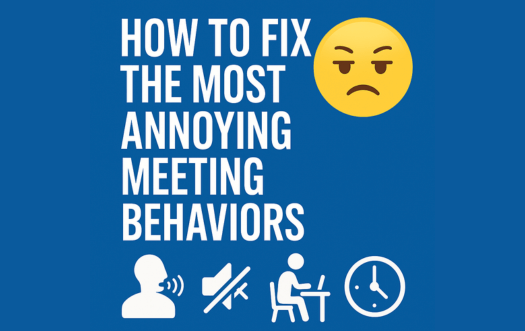Do you tense up when you hear the word, feedback? Receiving feedback or criticism can bring out many unexpected emotions. When it’s good, we accept it without question. When it’s bad, we doubt its accuracy. Lost in all the emotions could be some good information that could help your career. Here are some suggestions for getting the most out of someone’s comments.
Just Listen
When you’re being told something that you didn’t do well, it’s very tempting to immediately interrupt and start defending yourself. Resist the urge. Listen to the comments and think about them for a moment or take a breath before you say anything.
When you do speak, say something neutral like, “Thanks for telling me that.” Remember, you’re on a quest for information that can help improve your skills. Getting angry will not help you. You may want to follow up with a question designed to let you know what you should do the next time you’re in a similar situation. “How would you handle the situation?” is a good one in that it gives you an example to follow.
Analyze Your Successes
When you receive positive feedback, it’s easy to start congratulating yourself but not think about what you did right. This is when the ego can take over. But sometimes, it’s possible to stumble into success with no idea of what you did well. To get the full story, ask some questions like, “What could I do better?” which can keep the discussion going.
Don’t Carry Around Comments Like Luggage
It’s easy to hold on to feedback long after it can be useful. Listen to the information, consider how you can improve or continue a good practice, and then, move on. Think of how successful athletes must put aside bad plays in order to clear their minds for the next one.
Consider the Source
Most advice comes from a well meaning place but that doesn’t mean it’s always right. Upon listening to it, you may know immediately that it’s worthless (make sure you’re certain of this) but it’s still important to listen and then thank the person for the feedback. Just the act of listening shows respect to the other person. Sure, their advice may be bogus but if you overreact, then they’ll likely never again give you feedback, which could hurt you later on if their observations improve.
###
Copyright 2009 Ken Okel
Ken Okel helps people and organizations get around the obstacles that are blocking the path to success.
If you want to get better results, subscribe to his free, biweekly newsletter at www.kenokel.com
You will also receive his special report, 7 Communication Mistakes that are Costing You Money, and have a chance to watch clips from his presentations.
Ken is available to speak to your organization. Call him at (561) 737-4321 or email TVGuy@kenokel.com to reserve your program date or to find out more.





